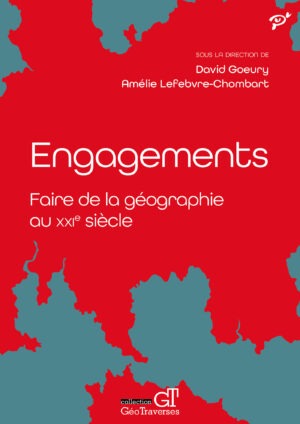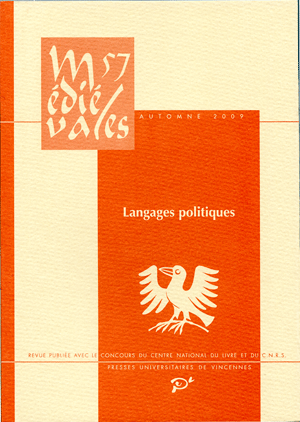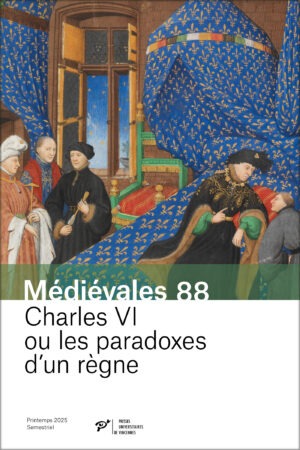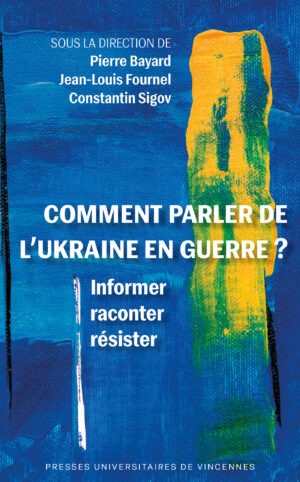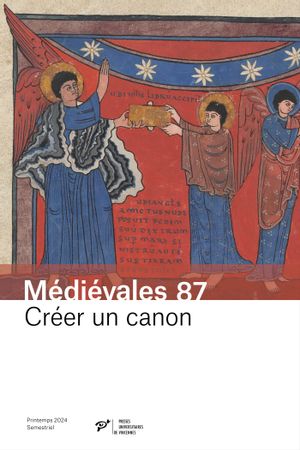Xavier STORELLI
The harangues of the Battle of the Standard (1138)
Henry of Huntungdon and AElred of Rievaulx wrote that, before the Battle of the Standard (August 1138) began, respectively Walter Espec, lord of Helmsley, and Ralph Novel, bishop of the Orkneys, exhorted the Anglo-Norman army ; and Richard of Hexham mentioned the speech Thurstan, archbishop of the Orkneys, exhorted the Anglo-Norman army ; and Richard of Hexham mentioned the speech Thurstan, archbishop of York, delivered in July, a few weeks before the battle. Of course, these orations are not verbatim reports of harangues as they were actually given, but these ones are nevertheless particular, as they are profoundly linked to the military and political background. Studying closely these battle orations and allusions to speeches, we can discover a real propaganda campaign, which was decisive in the English victory of the Standard. The mobilization of knights and of contingents sent by villages, each headed by their priest, was possible. In thses orations, Galwegians’ savagery is denounced, whereas the Anglo-Norman army is said to fight for the Church and the peace. At that moment, this kind of arguments was the best way to prompt nobles and people to fight for King Stephen against King David, in the north of England
Battle of the Standard – oration – propaganda – historiography – knighthood
Catherine DANIEL
The Audience of the Prophecies of Merlin : from popular Rumour to Scholarly Texts
This article looks at the way Merlin’s prophecies were perceived by those other than the powerful and learned, so as to understand how ordinary people could comprehend theses complex, deliberately obscure, predictions. Political communication between the powerful and the anonymous was ensured by the circulation of prophetic rumours deriving from learned written texts which gave them credibility.
Merlin – prophecies – propaganda – rumours
Aude MAIREY
What Does People Mean ? Some Thoughts about the English Political Literature at the End of the Middle Ages
At the end of the Middle Ages, English political society knew great transformations. The making of a political language in english, existing notably in contemporary literature, is a reflection as well as a motor of these transformations. The uncertainties about the expression of key categories, people and community, witness this. Their analysis suggests an increased separation between the kingdom’s subjects and those who represented them, a society more hierarchised, but with tensions and hesitations.
English political literature – political language – people – community
François FORONDA
Mose’s Advice to Jethro : Reviving a Fragment of Political Theology in Castilian Parliamentary Rhetoric
The nalysis of the use of the councilof Jethro to Moses ( Ex. 18 : 13-27) in the parliamentary rhetoric in Castile between 1385 and 1469, is an opportunity to study a moment of political communication between king and towns. Their use of a same language highlights a process of political alphabetisation and of governmental integration. Thus, this fragment of political theology is transforming in a foundational narrative of a shared government.
Castile – political communication – parliamentary rhetoric – foundational narrative – shared government
Massimo DELLA MISERICORDIA
Princedom, Community and the Individual in the Late Middle Ages, Political Cultures in the State of Milan
In the Lombardy of the late middle ages an animate political debate concerned the legitimacy of territorial bodies. The rhetoric of principality attacked the values of the communal tradition that since the 13th century developed in the city and in the country : the unity of community, the institutional profile of its structures and the ideal equality among its members. Ducal officers criticized the chaotic nature and the negative passions of local public life. On the other hand, the social distinction and the public role of the individuals (particularly of local leaders) were promoted. On the contrary, territorial bodies defended with success the pratices and the model of community cohesion, in political decision and representation, and always stressed the collective identity of village or town population.
Renaissance state – community – collective political identity – individual identity – social distinction – political representation
Séverine LEPAPE
The Jesse Tree : Image of Immaculate Conception ?
The Jesse Tree, representation of the Christ and Virgin’s kinship, has sometimes been considered as a possible image in the late Middle Age of the Immaculate Conception of the Virgin. We would like to question this idea. Until the 14th century, the Isaiah’s prophecy, on which the Jesse tree is based, is used by most theologians as an argument to show the flimsiness of such a theory, and the image itself contains no element which could lead to an immaculist interpretation. Nonetheless, at the end of the 14th century, the situation is changing : in search of biblical arguments proving the truthfulness of the immaculate Conception, Franciscans use the Marian virginity foreshadowings, to which the virga Jesse belongs, as new evidences. Meanwhile, the representation of the Virgin in the Jesse Tree changes dramatically : she is showed with Jesus as a child and sometimes as the Woman of the Apocalypse. This iconographical transformation seems to be the result of the questionings on the Virgin’s kinship, developed in the debate of the Immaculate Conception.
Tree of Jesse – Immaculate Conception of the Virgin Mary – divine ancestry – woman of the Apocalypse – iconography of the Virgin Mary
Lidia AMOR
Canon Law and Chivalric Literature : the Image of the Rex Inutilis in the Cleriadus et Meliadice Romance
Cleriadus et Meliadice, an early fifteenth-century chivalric, romance, recounts the life of Cleriadus, son the count of Asturias, from his youth to his marrying princess Meliadice, heir to the kingdom of England. If the work is thematically linked to the genre of romance, it is nevertheless akin to edifying literature, particularly as far as the bearing and attitudes expected from the ideal prince are concerned. In this article, we try to show how the interlacement of romantic fiction and edifying literature can disclose a reflection about the rex inutilis, a figure whose origins are to be found in canon law. The doctrine of the rex inutilis thus becomes the very material of fiction, creating in the reader’s mind a mnemonic web where history, law and literature meet.
Cleriadus et Meliadice – chivalric romance – accused women motif – canon law – rex inutilis
